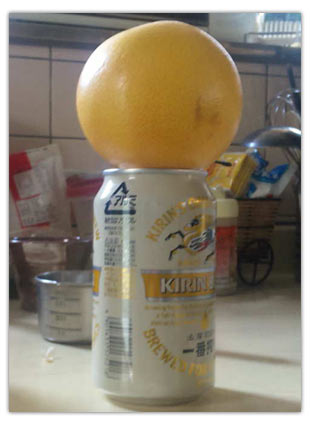All things considered, it’s nice to be able to speak Japanese. You can talk to people in Japan who you wouldn’t otherwise be able to communicate with, like the old man who used to cut my hair while telling me local stories from World War II. I’ve discovered another use for being bilingual: it allows you to make twice as many bad jokes as you otherwise would. For whatever reason, I’ve become adept at making a kind of Japanese pun known as dajare (dah-jah-rey), although in my family we call them dadajare since I’m “Dada” (which is itself a bad pun). The word for “to enter a bath” is nyuyoku, which sounds close enough to New York that I might make a joke about it…or coin a new word, nyu-yokka (New Yorker) meaning a person who loves taking long baths. Nestle makes a chocolate drink called Milo which is pronounced “mi-ro” in Japanese, which happens to be the informal command form of the verb for “to look.” Hence, whenever I see Milo being sold in a store, I’m compelled to point and say, miro! (look at that!). One way to say “I don’t have it” or “there aren’t any” in Japanese is nashi, which also happens to be what those delicious Japanese pears are called, so naturally I might reply “Japanese pear” if my wife asks me if I have her car keys. I’ve encountered quite a few other gaijin in Japan on my Twitter feed who tell me that they, too, have become adept at making these bad jokes. Perhaps there’s some brain-level connection between bilingualism and seeing humorous (?) connections between words.

Perhaps the most basic dajare joke is, arumikan ni aru mikan, or a mikan orange on an aluminum can.















